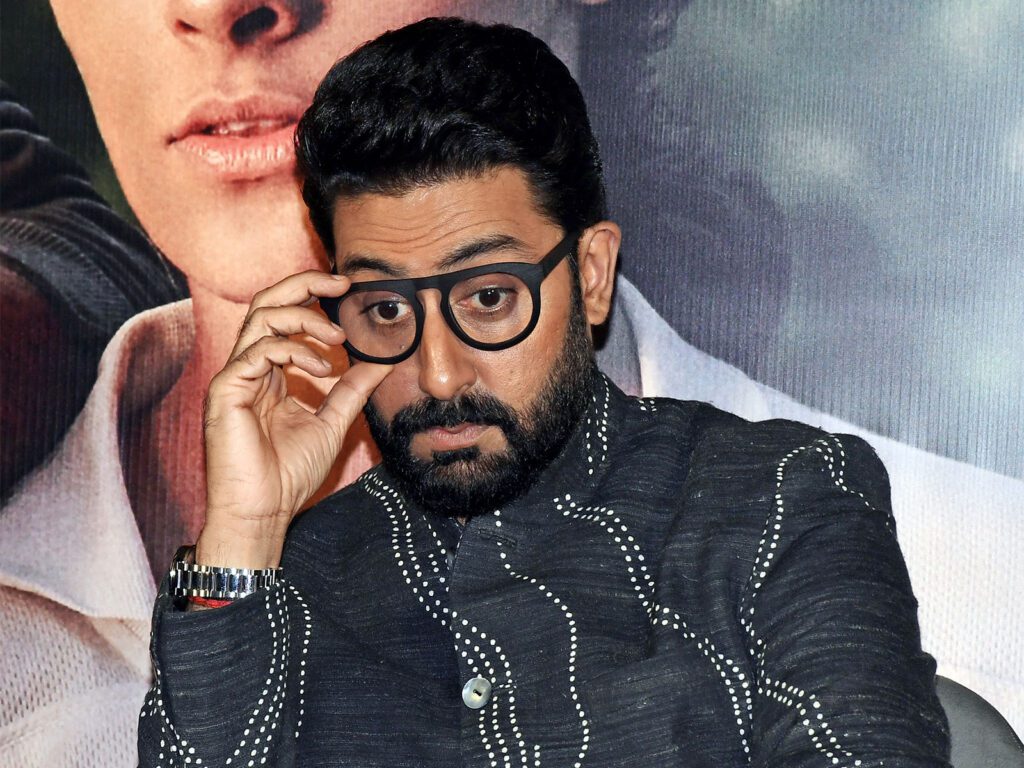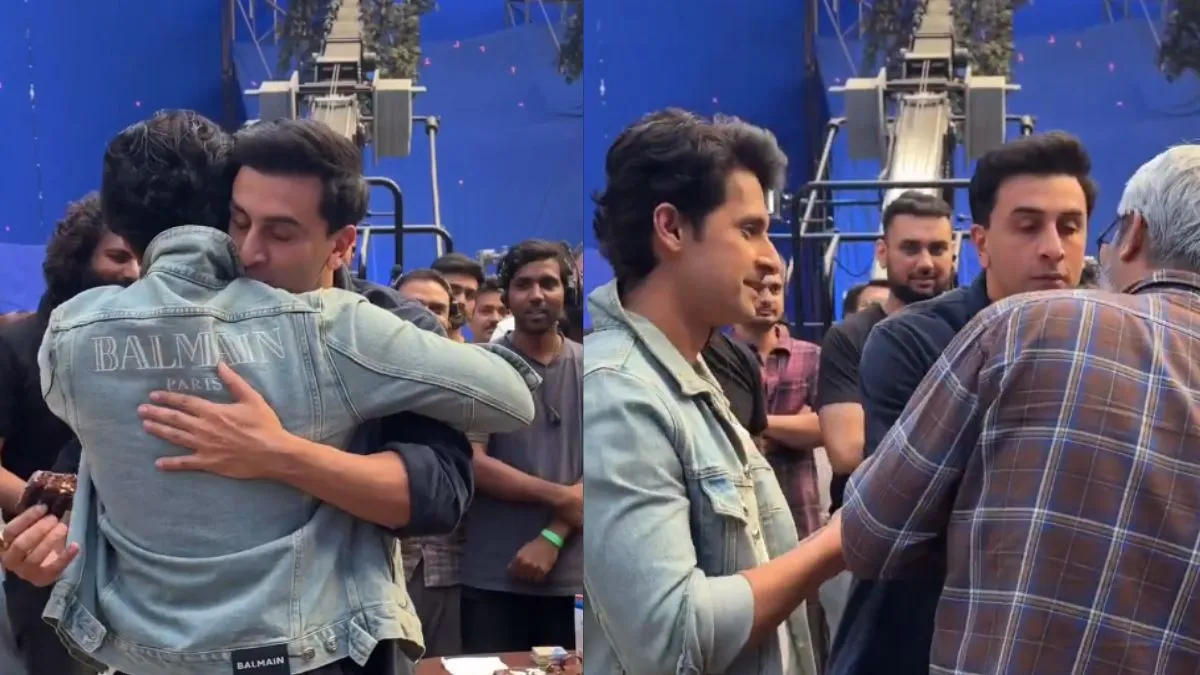Now Reading: Kerala HC Questions CBFC on ‘Janaki V/S State of Kerala’ Title Objection, Filmmakers Stand Ground
-
01
Kerala HC Questions CBFC on ‘Janaki V/S State of Kerala’ Title Objection, Filmmakers Stand Ground
Kerala HC Questions CBFC on ‘Janaki V/S State of Kerala’ Title Objection, Filmmakers Stand Ground

The upcoming Malayalam film Janaki V/S State of Kerala has stirred debate even before its release. The Central Board of Film Certification (CBFC) raised objections to the film’s title, citing possible misinterpretation. However, the Kerala High Court has now questioned the legitimacy of this objection, putting the spotlight on creative freedom and censorship in Indian cinema.
Court Questions CBFC’s Objection
During a recent hearing, the Kerala High Court asked the CBFC why it took issue with the title when the film had already received a censor certificate after due process. The court observed that simply using the phrase “State of Kerala” in the title doesn’t automatically defame or target the government.
The judge further noted that if the storyline does not harm the image of the state or any institution, the title alone shouldn’t invite such controversy.
What the Filmmakers Say
The film’s team has remained firm on keeping the original title. According to them, Janaki V/S State of Kerala is a fictional courtroom drama inspired by real-life themes, but not intended to target any particular government or political group.
They argue that many films across India have used similar naming formats — such as State vs or Republic vs — to reflect legal struggles without sparking censorship hurdles.
The filmmakers have also stressed their respect for the law and clarified that the title symbolizes a citizen’s fight for justice, not a political message.
Creative Freedom vs Regulatory Scrutiny
This case once again raises important questions about the balance between artistic freedom and censorship in Indian cinema. In recent years, several filmmakers — especially in regional industries like Malayalam, Marathi, and Bengali — have faced pressure over titles, dialogues, or plotlines that challenge status quo narratives.
For cinema audiences in Tier 2 cities like Kozhikode, Thrissur, and Kochi, films like Janaki V/S State of Kerala represent more than entertainment — they spark thought and dialogue on real social issues. Viewers in these regions often resonate deeply with grounded stories that reflect their struggles and systems.
Conclusion
As the Kerala High Court continues to review the matter, the spotlight remains on how censorship bodies interpret intent versus content. Janaki V/S State of Kerala is shaping up to be more than just a film — it has become part of a larger conversation about the right to tell stories without unnecessary constraints. Whether or not the title stays, the debate has already opened the floor for a critical examination of creative liberty in Indian cinema.

























